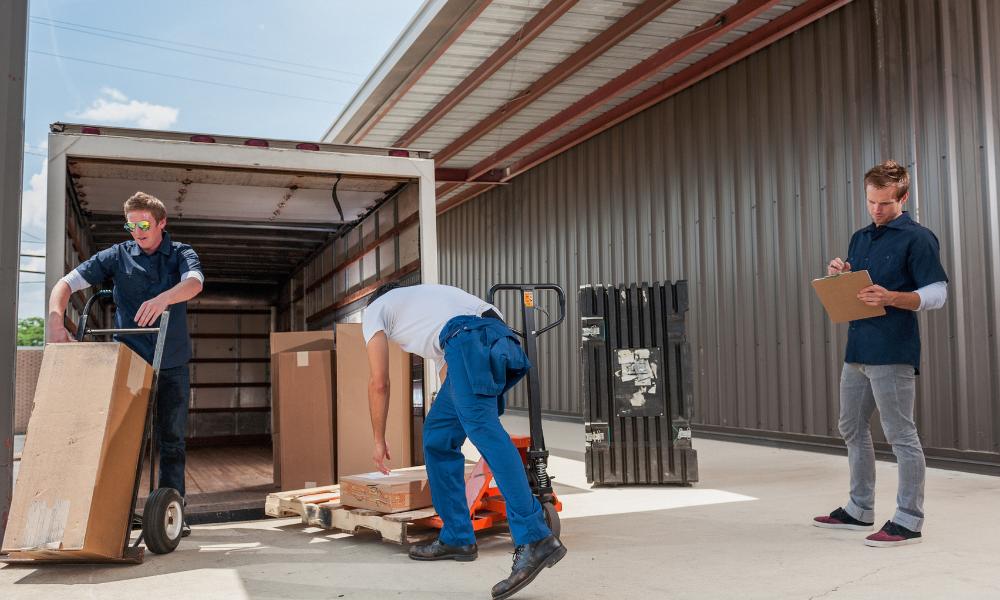Truckers have a responsibility to ensure that the cargo they’re hauling makes it the destination without any issues. Not only is this important from a business standpoint, it’s also critical from a safety standpoint. Load securement must be handled properly to ensure that cargo remains in place throughout the haul. When this isn’t done as it should be, serious issues and potentially fatal truck accidents can occur.
The United States Federal Motor Carrier Safety Administration set the North American Cargo Securement Standard to help keep people safe throughout the continent as they drive around these big rigs. In order to be subjected to the standards, the commercial motor vehicle must travel across state lines and have a gross vehicle rating of 10,000 pounds.
Why is securement so important?
Cargo securement is important because a load that shifts could throw the vehicle’s center of gravity off. This may cause the trucker to lose control of the vehicle. In some cases, the cargo may become a free moving projectile that can hit vehicles or land on the road and cause wrecks. Shifting cargo can also lead the truck to roll over, which can crush vehicles on the side of them.
Sometimes, the cargo requires special securement. This includes things like logs, rolls, coils and pipes that might roll off, as well as heavy equipment and vehicles. These should be handled carefully because of the specific risks they pose if they shift or become unstable.
Who is responsible for load securement?
There are a few factors that can change who is responsible for load securement. In some cases, truckers are hands-off with the cargo. That would mean that the individuals who load the trailers would be responsible for making sure it’s secured properly. Still, truckers should check the securement system to ensure that it was done properly. Ideally, they will check this each time they stop.
The method for securing a load depends on the type of cargo, but truckers can check things like anchor points, chains, and ropes. They might ensure that blocks or braces haven’t shifted during transport. Inspecting clamps, hooks, shackles, and D-rings may also be beneficial.
When an innocent victim suffers an injury due to an improperly secured load, they may choose to seek compensation for the damages they have to deal with. Determining which parties to hold liable in the claim is critical to ensure they receive all the compensation they are due.

